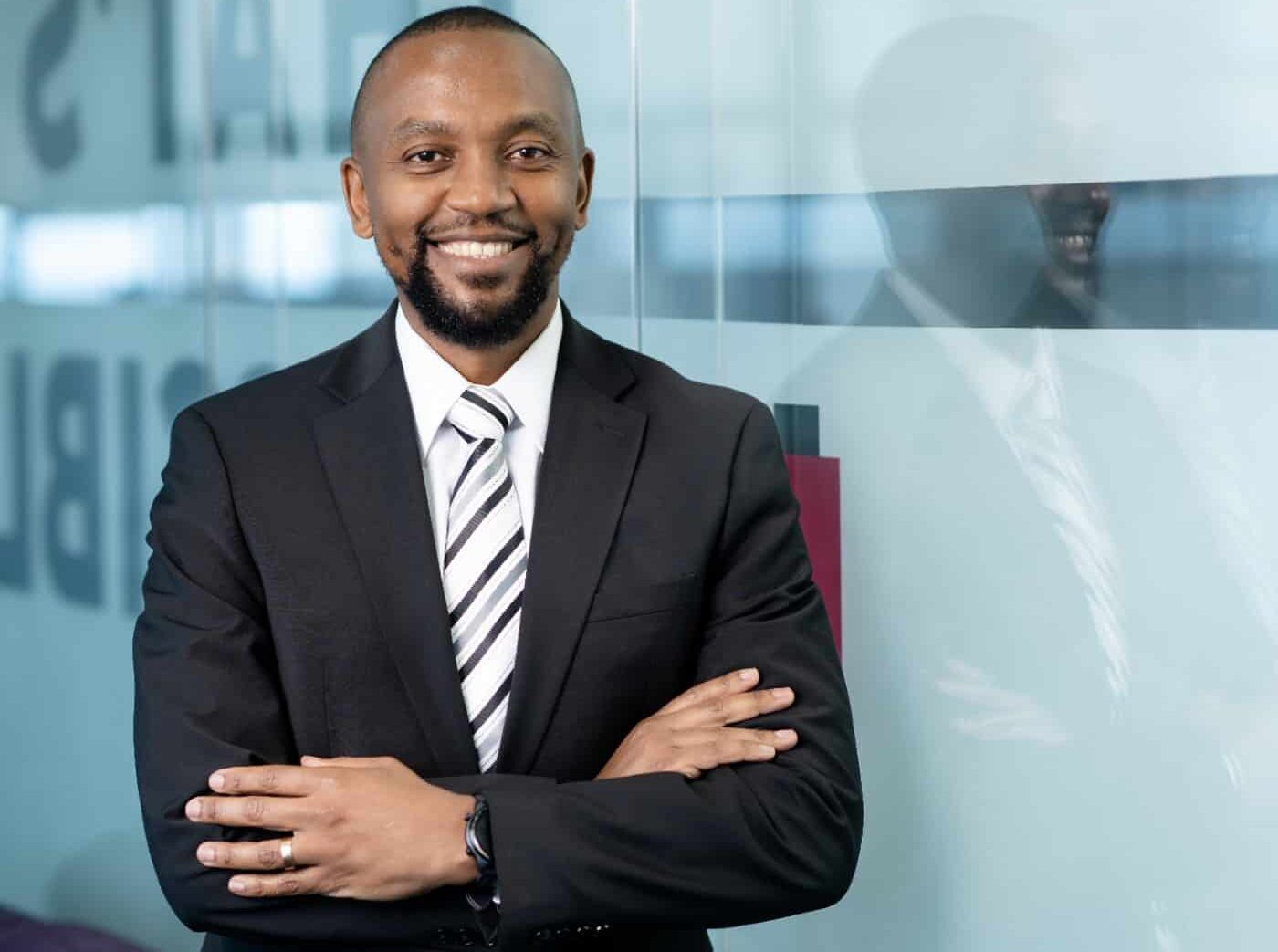The Global South stands at a historic crossroads where the transformative potential of artificial intelligence (AI) intersects with urgent development needs. According to PricewaterhouseCoopers, AI could add up to $15.7 trillion to the global economy by 2030.
However, emerging markets, excluding China, are expected to capture only about $1.7 trillion of this growth, highlighting both a challenge and a profound opportunity: Africa and the Global South must seize this moment to leapfrog traditional barriers and chart their digital destiny.
This disparity highlights the dual challenge and opportunity for Africa and the broader Global South: to avoid deepening existing inequalities and instead harness AI to drive inclusive development through localized innovation and digital sovereignty.
AI is already proving to be a catalyst for progress across multiple sectors. In healthcare, for example, AI-powered tools in Zambia assist with fetal ultrasound interpretation to reduce maternal mortality, while in Ghana, clinical decision support systems are helping combat antimicrobial resistance.
In agriculture, smallholder farmers in East Africa use AI to detect diseases in crops like cassava, resulting in yield increases of up to 30 percent.
Here in Tanzania, the future is being built today. Artificial Intelligence (AI) holds transformative promise for the country and the broader Global South. Vodacom Tanzania is at the forefront of harnessing this potential to drive inclusive development and digital sovereignty.
As AI rapidly evolves from a technological curiosity into a critical force reshaping industries worldwide, Vodacom’s strategic investments and innovations demonstrate how localized AI applications can accelerate progress in key sectors while empowering millions.
Vodacom’s M-Pesa mobile money platform is a beacon of what’s possible. With over $135 billion in annual transactions, M-Pesa is more than a payment system- it’s a lifeline for millions.
By integrating AI-driven analytics, M-Pesa extends credit to individuals and small businesses previously excluded from formal banking, using non-traditional data sources to assess creditworthiness. This democratization of finance is fueling entrepreneurship, resilience, and economic participation at every level of society.
The ongoing modernization of M-Pesa’s payment system, leveraging advanced cloud-based architecture, promises even greater reliability, security, and scalability. This ensures that as Tanzania’s digital economy grows, no one is left behind, and M-Pesa remains a cornerstone of Tanzania’s financial ecosystem.
Beyond financial inclusion, Vodacom is using AI to revolutionize the agriculture and utilities sectors that are the backbone of Tanzania’s economy. Through its M-Kulima initiative, over three million small-scale farmers now have access to AI-powered tools for pest management, soil analysis, and irrigation scheduling.
These innovations are increasing crop yields, reducing losses, and directly improving rural livelihoods.
Similarly, Vodacom’s AI-enabled Internet of Things (IoT) solutions are transforming the management of power and water utilities. Smart metering and data-driven resource management are optimizing usage, reducing waste, and contributing to the sustainable development of Tanzania’s rapidly growing urban centers.
In 2024 alone, the company invested over TZS 156 billion in network capacity and coverage, adding hundreds of new 4G and 3G sites nationwide, including in remote areas like Zanzibar.
This expansion enhances connectivity essential for real-time AI applications and digital services. Additionally, Vodacom strengthened its data backbone by increasing bandwidth on national and submarine cables, as well as extending fiber networks across urban centers, to ensure faster and more reliable internet access.
Recognizing that AI’s benefits depend on data sovereignty and governance, Vodacom has developed a locally hosted end-to-end IoT stack, keeping critical data within Tanzania. This approach safeguards user privacy and aligns with the company’s purpose to “connect for a better future.”
Africa’s youthful population—60 percent of whom are under the age of 25 —is a vital asset in this AI-driven transformation. Across the continent, young entrepreneurs and business leaders are pioneering AI solutions tailored to local challenges.
In Tanzania, for example, PriceWaterHouseCooper reports that 52 percent of CEOs anticipate that generative AI will boost profitability within the next year.
Digital sovereignty is emerging as a key priority for African nations seeking to shape AI development in ways that reflect local needs and values. Rwanda’s AI Scaling Hub, supported by a $7.5 million investment, focuses on healthcare, agriculture, and education, while the Smart Africa Alliance unites 40 countries to accelerate ICT-enabled development.
Governments and NGOs are increasingly utilizing generative AI technologies to harness institutional knowledge and inform data-driven policymaking, thereby reducing their reliance on foreign technology providers.
Vodafone’s strategic partnerships with global tech leaders like Google and Microsoft illustrate a hybrid approach that balances access to cutting-edge AI infrastructure with local control. Scott Petty, the Chief Technology Officer at Vodafone, underscores that AI is not a panacea, but rather a potent instrument that necessitates robust governance, data integrity, and context-specific applications to achieve significant impact.
The rapid urbanization of Africa further underscores the need for smart, data-driven infrastructure. By 2050, an estimated 68 percent of the world’s population will live in cities, making urban centers critical hubs for economic growth and social inclusion.
Despite these successes and positive projections, significant infrastructure challenges remain. Only 28 percent of Africans have access to smartphones, which limits the use of AI-driven applications that rely on advanced interfaces. Many still depend on USSD technology, which constrains the scope and sophistication of AI services available.
Realizing AI’s promise in the Global South requires equitable partnerships among governments, private sector players, and civil society. Bridging Africa’s $109 billion broadband gap demands significant investment and collaboration, exemplified by Vodafone’s annual €1 billion network investments.
Ethical considerations are equally important. As AI reshapes the global economic landscape, the Global South must move from being passive consumers of technology to active co-creators.
By prioritizing digital sovereignty, empowering youth, and building sustainable infrastructure, Africa can harness AI not only to accelerate growth but also to promote equitable human flourishing and social progress.





